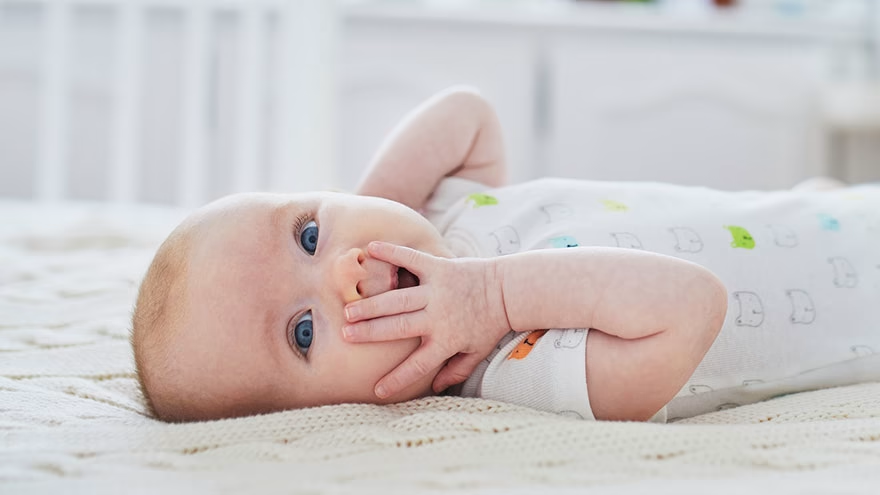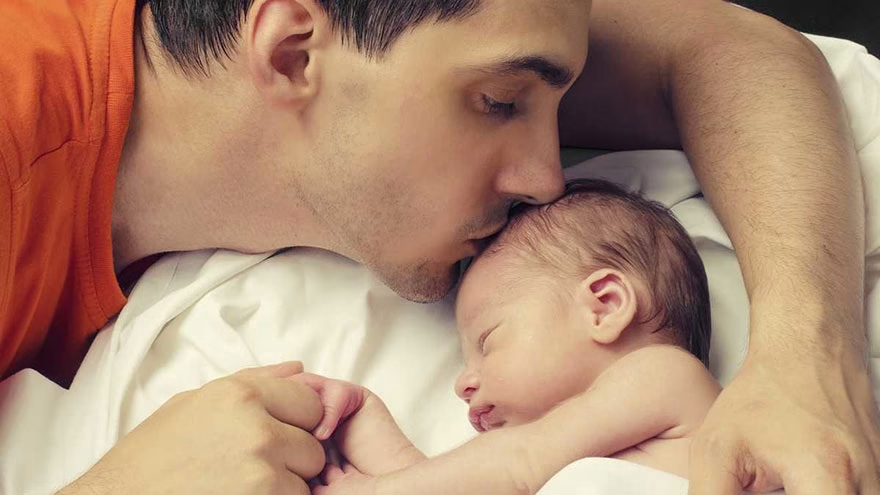For babies, however, hiccups rarely cause discomfort or disrupt their normal daily activities. In almost all cases, hiccups are nothing to worry about. Easing them isn't always possible, but there are a few things you can try.

What Hiccups Actually Are
Hiccups can appear to be a problem with your baby's breathing, but they don't actually have anything to do with your infant's ability to breathe normally. Hiccups are a response to irritation or stimulation of the diaphragm.The contraction of the stomach and the corresponding sharp sound that are characteristic of hiccups can cause parents to worry, but rest assured that your baby is still breathing normally and hiccups almost never cause a problem.
Possible Immediate Remedies
Infants usually get hiccups as a side effect of eating, Lynnette Mazur, a professor of pediatrics at the University of Texas Health Science Center, told editors of the website BabyCenter. When this occurs, try switching the position your baby is in or try to coax a burp out of him.Often, waiting the hiccups out is all you can do. If your baby has the hiccups during a feeding session, take a 10- to 15-minute break, which is often plenty of time for hiccups to disappear on their own. Letting your baby suck on something, such as a pacifier, might help sometimes, but not always.
Eliminating Possible Causes
Some breastfed babies are sensitive to the foods their mothers eat, and the result can be hiccups, according to Dr. Jim Sears, a board-certified pediatrician writing for the website AskDr.Sears.Your consumption of cow's milk, caffeine, soy, peanuts, shellfish, chocolate, eggs, wheat or citrus fruits could cause your infant to have hiccups. If diet changes don't help, speak with your doctor and your newborn's pediatrician. It's very rare, but hiccups might signal the presence of an underlying health problem.
For example, if your newborn frequently gets the hiccups and also spits up often or seems cranky, he might have gastroesophageal reflux disease, according to Mazur.
Dangerous Treatments
Numerous folk remedies are potentially dangerous and shouldn't be used in even the most stubborn case of hiccups. Don't try to startle or scare your baby, cautions the website BabyCenter. Never press on her eyeballs, pull on her tongue or press on her soft spot. Such actions are clearly dangerous.
Save for later
Found this helpful?
Pin this article to your Pinterest board and come back to it whenever you need a reminder.
Save to Pinterest


